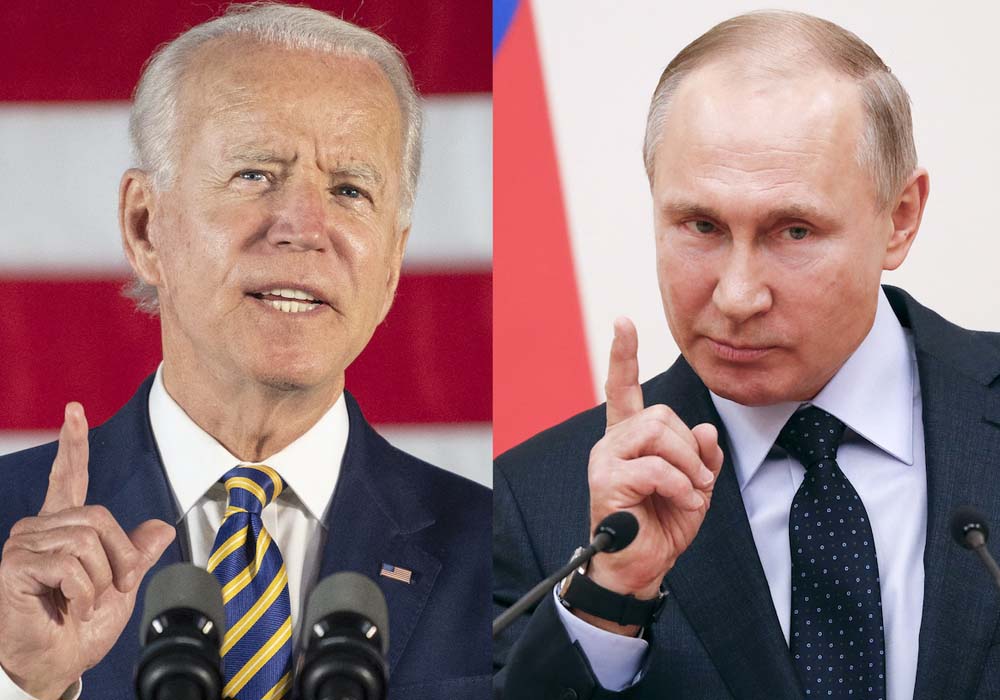Afghanistan continued to receive humanitarian aid during this week from the Red Crescent & Red Cross, China, as well as Russia. Uzbekistan is said to begin the construction of the trans-Afghan railway in the spring of 2022, and India continues to be involved in the affairs of the region as the third meeting of the Foreign Ministers of the Central Asia-India Dialogue was held in New Delhi. Another state involved in the affairs of the region is Russia, affecting the future of Central Asia through its tense and bitter relations with NATO.

Image source: AFP
Three IL-76 military cargo aircrafts of the Russian Ministry of Defense delivered humanitarian cargo to the airport of Kabul and evacuated 200 Russian citizens as well as Afghan students from Afghanistan, stopping over in Tajikistan and Kyrgyzstan on their way back (See: AP NEWS, Military.com). A total of 36 tons of humanitarian cargo, including food and medicines, were delivered by the planes. Medical nursing brigades of military doctors with the necessary medical equipment and medicines were on board each plane to provide care to the evacuated citizens of Russia and other countries. The cargo planes were also equipped with a sufficient supply of drinking water, blankets, and individual food packages. From August 26 to December 1, Russian military transport aircrafts have evacuated 770 citizens of the Russian Federation, CSTO member states (Belarus, Kyrgyzstan, Armenia), Ukraine and Afghanistan, and have delivered 72 tons of humanitarian aid.
Uzbekistan will begin to work on the construction of the trans-Afghan railway in the spring of 2022, which will connect the Uzbek city of Termez to Pakistan’s Peshawar (See: TOLO News, The News). The agreement was reached between the Minister of Foreign Affairs in the Taliban government, Amir Khan Muttaki, and the Minister of Transport of Uzbekistan, Ilhom Makhkamov. Talks between Muttaki and Makhkamov were held in Islamabad during the 17th extraordinary session of the Organization of Islamic Cooperation on Afghanistan. The length of the trans-Afghan railway along the Mazar-Sharif-Kabul-Peshawar route is estimated at about 537 km. The construction will cost $4.8 billion. According to the Uzbek side, the implementation of the project on the construction of the trans-Afghan railway will significantly reduce the time for the delivery of goods to Central Asia, the CIS, and Europe. With the full implementation of the project, it is expected that the transportation of goods from Pakistan to Uzbekistan will take not 35, but 3-5 days, and the cost of transporting one standard cargo container can be reduced to almost a third. The volume of the cargo transportation along this route is expected to amount to 10 million tons.
At the headquarters of the Afghan Red Crescent Society, a ceremony was held to transfer material assistance from the Chinese Red Cross Society (See: CGTN, Global Times). The ceremony was attended by the Chinese Ambassador to Afghanistan Wang Yu and Chairman of the Red Crescent Society of Afghanistan Mawlawi Matiul Hak Khalis. The head of the Afghan Red Crescent Society expressed hope for further expansion of bilateral exchanges, calling this a reliable measure in achieving Afghanistan's goal of self-sufficiency.
The Foreign Ministers of Central Asia took part in the 3rd meeting of the Foreign Ministers of the Central Asia-India Dialogue (See: The Economic Times, The Indian Express). During the meeting, the Foreign Ministers discussed promising areas of multilateral cooperation and issues of improving the efficiency of economic cooperation, including in mutual trade, investment, industry, and strengthening transport connectivity with India. Participants noted the importance of a joint response to contemporary challenges and threats, and discussed solutions for environmental problems in the region, preventing transnational threats, as well as strengthening cultural exchange opportunities. Special attention was paid to the implementation of joint projects in the Central Asian region and priority areas of dialogue were identified. Following the Forum, a Joint Statement of the Ministers of Foreign Affairs of the Dialogue "Central Asia - India" was adopted.
Military-political tension around Russia’s position vis-à-vis Ukraine began to escalate a couple of months ago when satellite photos of Russian military equipment participating in exercises in Belarus got published in the American media (See: The Washington Post, BBC NEWS). The Russian Foreign Ministry has published two draft agreements with the United States and the NATO countries that is aimed to ensure a reduction in the confrontation and guarantee Russia's security from a direct military clash with the Alliance. Both the earlier feud and the draft documents proposed by Russia will affect Central Asia. For instance, the sanctions that the United States plans to impose on Russia without waiting for a hypothetical "attack on Ukraine" will directly affect the Eurasian Economic Union member states. The corresponding bill has already been submitted to the US Congress, which means that the millions of Central Asian migrant workers in Russia and their families at home will get a direct hit, should the bill pass. The possibility of Russia getting disconnected from the international interbank settlement system (SWIFT) is also another matter of concern. Moreover, in the West, voices are increasingly heard about doing this preventively on the mere grounds of "possible aggression". This means the suspension of all monetary relations with Russia including remittances of migrant workers. Although bankers will still find a way out of the situation, even a temporary suspension will mean that the Central Asian partners of Russian enterprises will suffer notable losses. The uncertainties may also very well mean that the Central Asian business community may get more inclined towards dealing with their second most important partner; China. The United States, unfortunately, has shown over and over that it is not afraid to impose sanctions on third-party enterprises working with countries whose political stance is at odds with it, a fact which overshadows the future of the economies of Central Asian states for which the Russian Federation is one of the most important, key partners.

